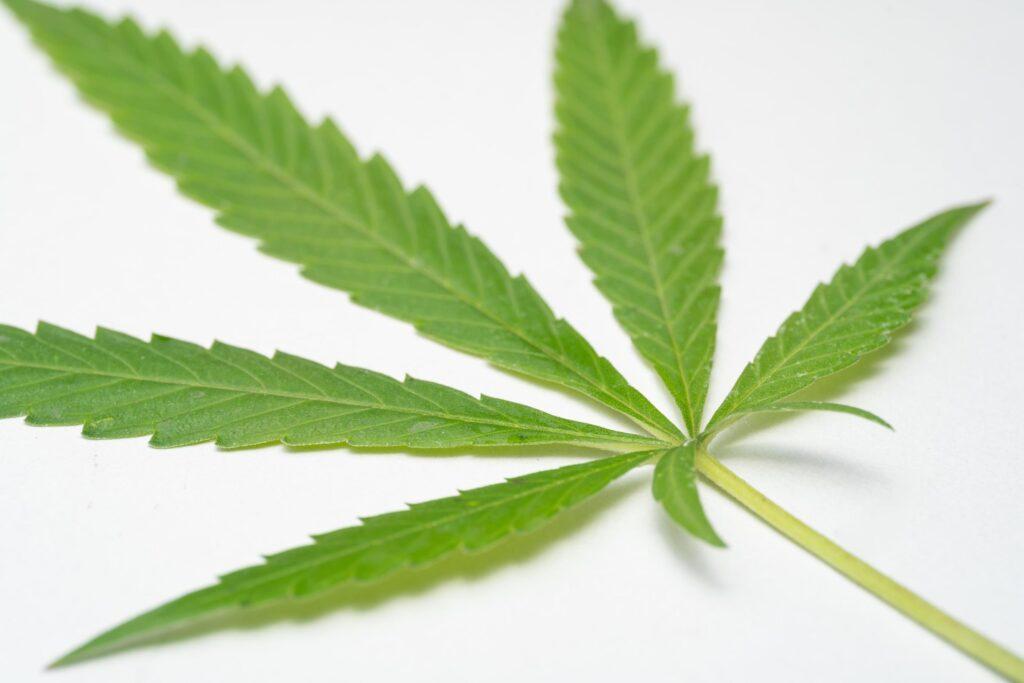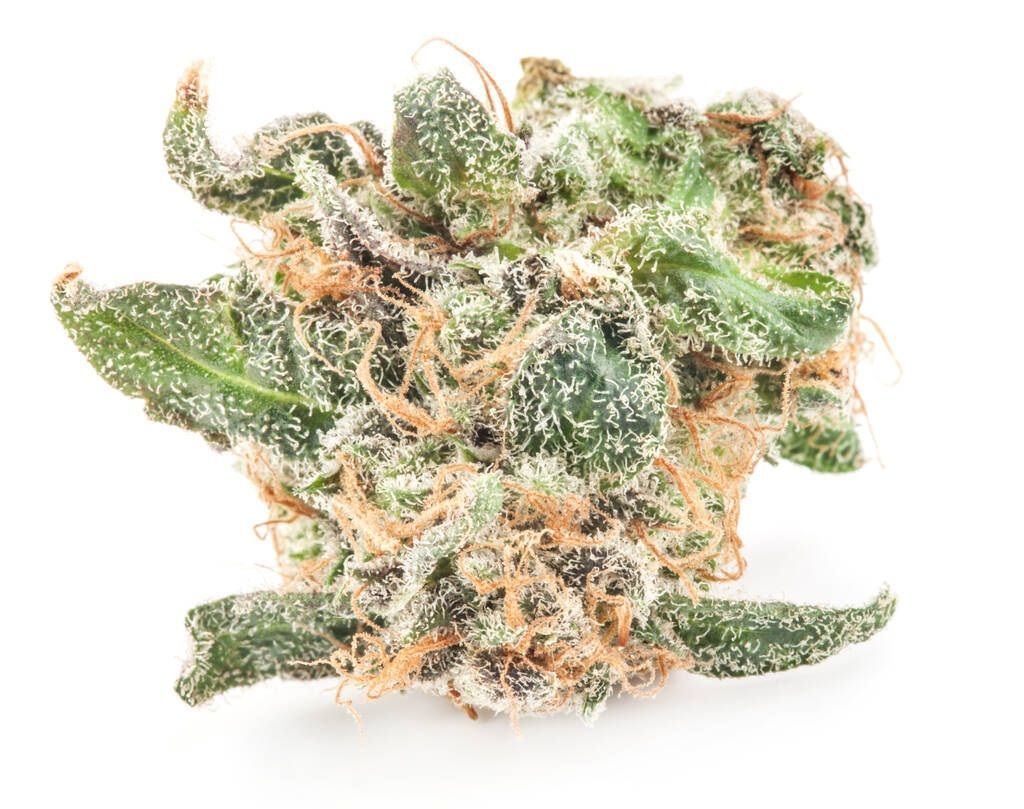The full US House of Representatives has given approval to an amendment that would allow Department of Veterans Affairs (VA) doctors to recommend medical marijuana.

Currently, under the law, VA doctors are prohibited from recommending medical marijuana to their patients, even if those patients reside in states where medical marijuana is legal. However, a provision aimed at removing this prohibition and allowing VA doctors to recommend medical marijuana received approval today in the House by a vote of 290 to 116, following its passage by the House Rules Committee yesterday.
This vote officially incorporates the amendment into a $1.5 trillion Military Construction, Veterans Affairs, and Related Agencies appropriations bill, which is essential for funding national defense and various military operations. The amendment is based on the text of the bipartisan Veterans Equal Access Act, which boasts 29 bipartisan sponsors.








 If the Democrats gain control of the US House of Representatives and retain the Senate and presidency, several key federal marijuana bills are poised to make substantial progress and potentially be enacted into law.
If the Democrats gain control of the US House of Representatives and retain the Senate and presidency, several key federal marijuana bills are poised to make substantial progress and potentially be enacted into law.




